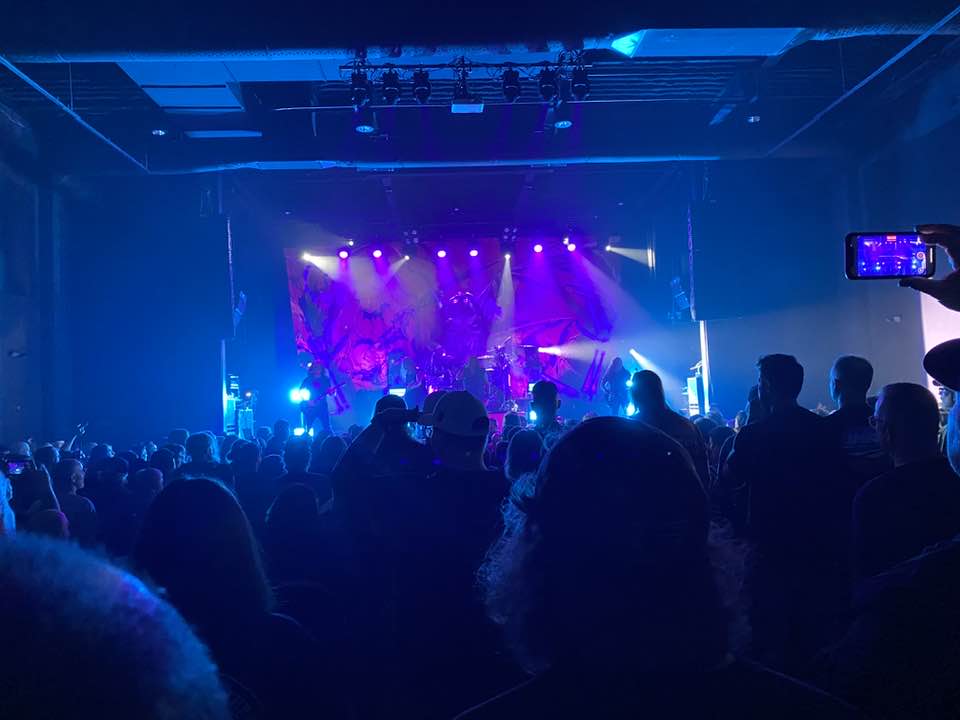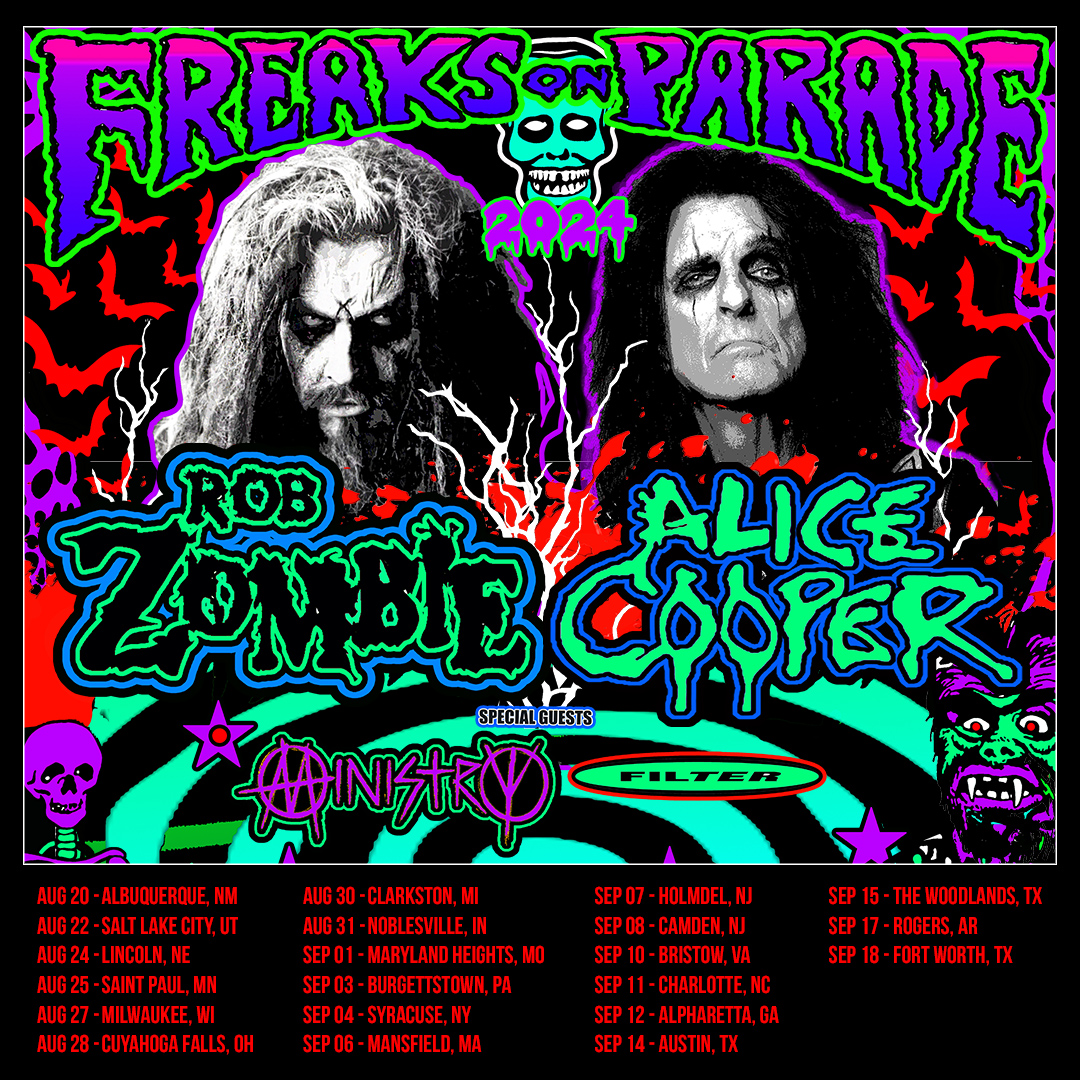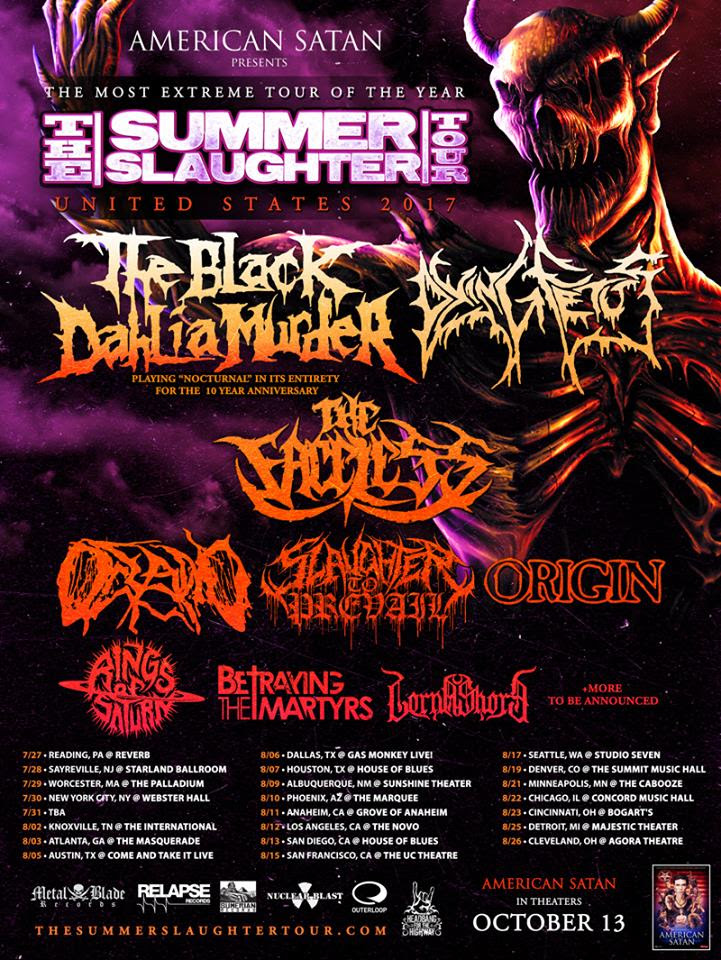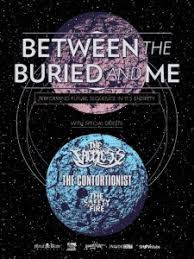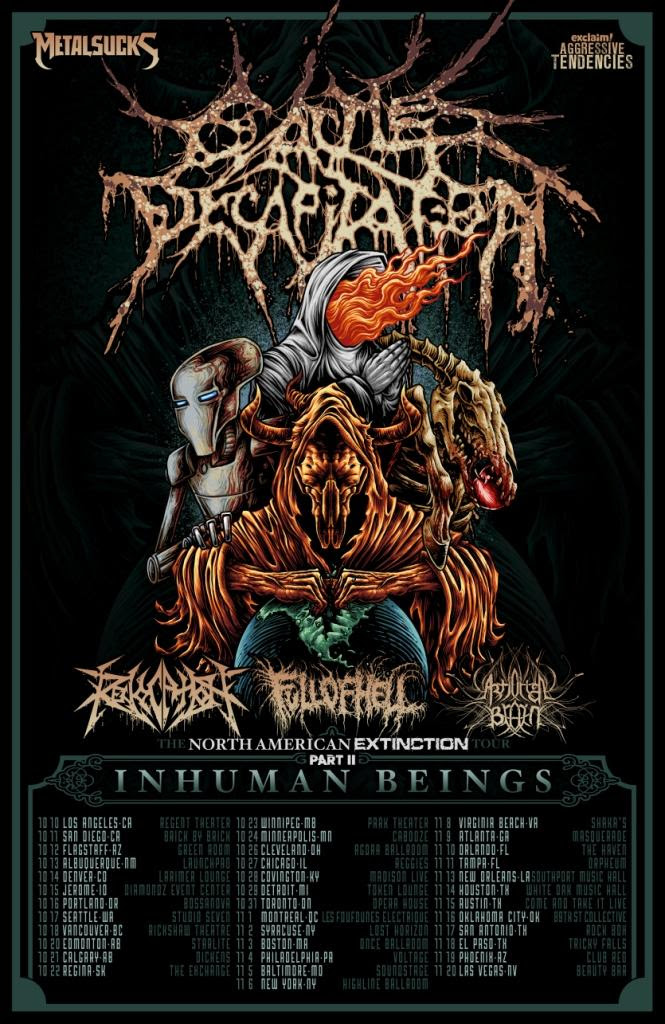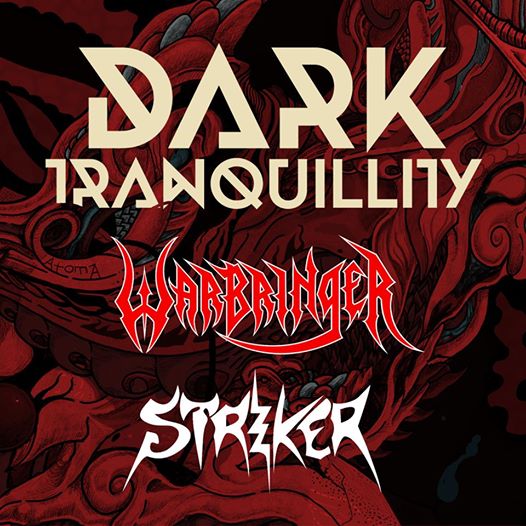Cage Bio

Sean Peck - vocals
Anthony McGinnis - guitars
Dave Garcia - guitars
Mike Giordano - bass
Genres
Words like "old", "tired" and "eighties-sounding" were instantly attached to anything coming from that proud and once-dominant style of music. Five seasoned musicians met in San Diego and formed CAGE for a single, focused purpose: to carry on and promote the art form known as heavy metal music into the next century.
CAGE rose from the ashes of two prominent power metal bands Nomad and Crusher in 1992, with the fateful and simultaneous demise of both bands. Vocalist Sean Peck, guitarists Eric Horton and Dave Garcia, and bassist Mike Giordano joined together and concentrated their songwriting efforts on the elements that made heavy metal music into what was referred to as "arena metal": Larger-than-life performers with great technical skill, memorable songwriting that evoked an unmatched power, positive energy and self-confidence that attracted both men and women. The sonic and visual imagery that appealed to the youth of America is what made arena metal so dominant in the mid-80's, both on MTV and in modern rock culture. CAGE was determined to protect , preserve and propagate this dormant form of musical expression.
During that time, Nirvana and other "grunge" bands along with alternative styles of music were the flavor of the day. CAGE paid little attention to the skeptics and naysayers, all the while continuing to refine and perfect their pure heavy metal sound. Around Southern California they quickly rose up to fill the power vacuum left by metal bands that abandoned ship and began pandering to the musical fad and fashion of the day, with depressing lyrics, dissonant chords, and turning their backs on the strive for perfection.
As the crowds coming out to see CAGE perform grew, it was evident that there was still a viable market for heavy metal music, and soon they were filling clubs and venues. This led to the band performing with Judas Priest, Iron Maiden, Dio, Dokken, and many other metal and hard rock acts. Getting the opportunity to play such high profile shows allowed the band to further perfect and refine their live show and rise up to the level of the touring acts they supported. And with the recent addition of drummer Mikey Niel, the band has received a further upgrade to their performances. His flamboyant style and incredible technical mastery of his craft has added another facet and dimension to the band that had been needed. Their shows remind many of the power and glory that makes this kind of music contagious.
At the end of 1998 the band went into the recording studio recorded a collection of their best songs and released Unveiled. Word spread quickly throughout the underground about this band that embodied all that was good about heavy metal, yet managed to sound fresh and unique. Soon after its release, Unveiled was reviewed and played in Canada, Europe, and on numerous rock and metal sites on the Internet.
Then the readers of Rock Hard (Germany's largest rock magazine) voted overwhelmingly for CAGE in their annual Best Unsigned Band competition. Chosen out of more than 600 bands had entered, CAGE had finally been noticed for their dedication and integrity to the spirit of metal with solid songwriting and performance. As the winner of the "Best Band" competition CAGE had the opportunity to go to Holland and perform at the three-day Dynamo Open Air Festival in Mierlo, Holland. The performance and crowd response were magical as the thousands of rock and metal enthusiasts devoured their music and wanted more. Following the show the band signed a licensing deal with Omega Records for the distribution of the Unveiled CD in Europe. Omega released Unveiled in September 1999, followed by a massive promotional trip that included interviews, appearances, and radio call-ins.
CAGE is well on their way to carving their own niche in today's vast and diverse musical landscape, but rising to the top of he metal environment of today is no longer the acceptable goal. CAGE stands ready to expand the market for this genre that has been neglected but is the foundation for all derivative forms of heavy music.
Click here to update bio

